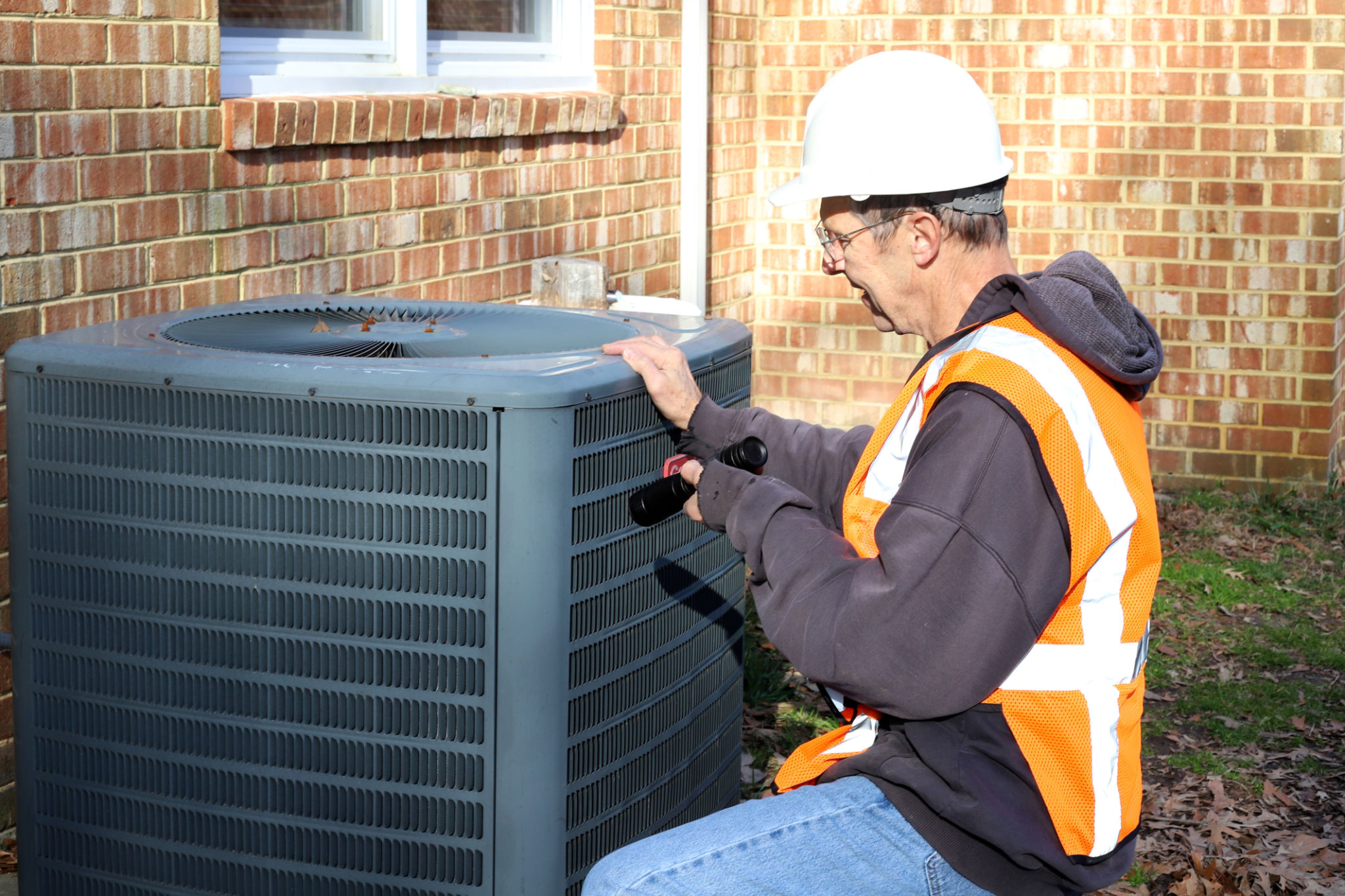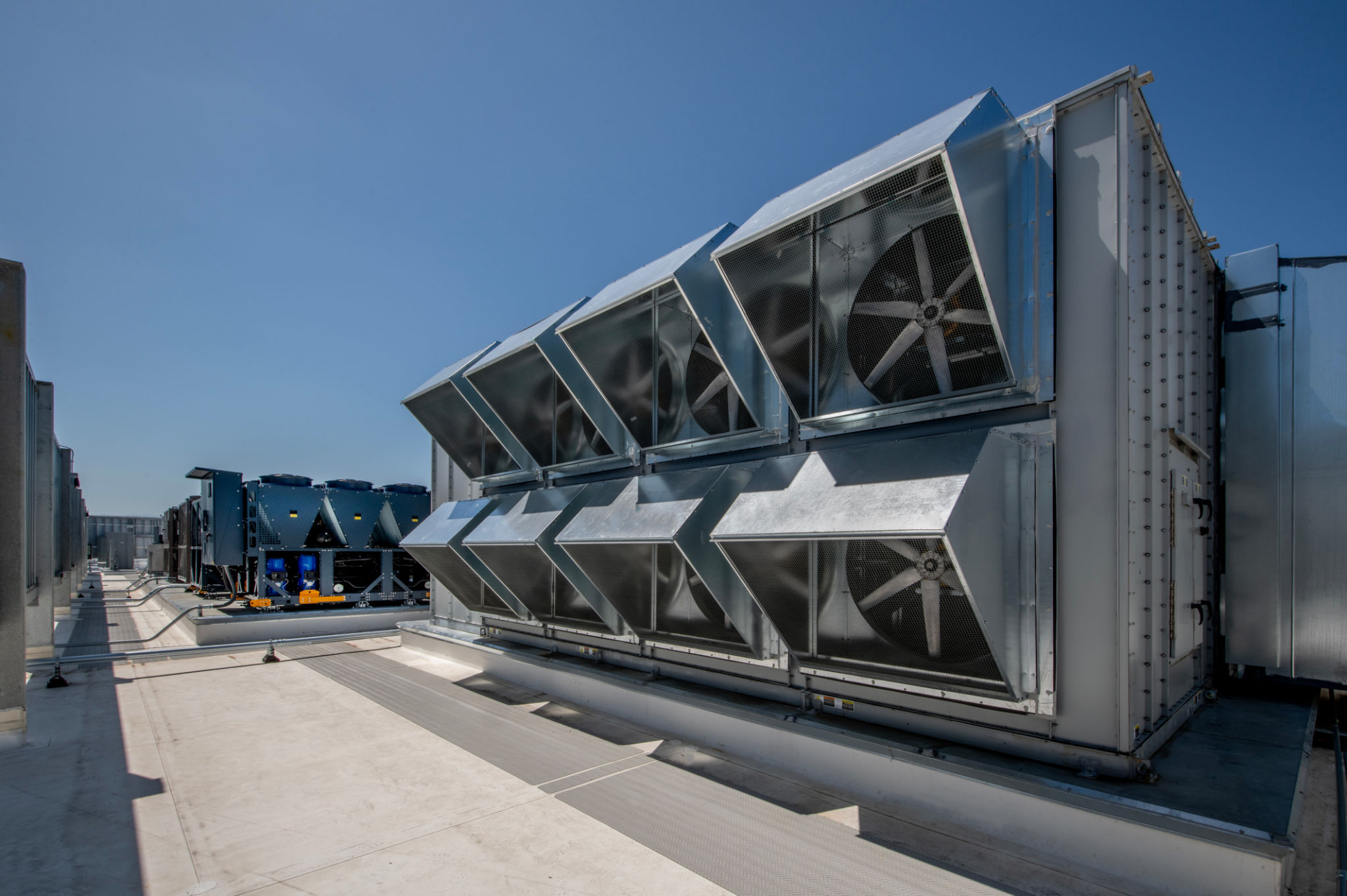A Comprehensive Comparison of HVAC Systems for Residential and Commercial Needs
Understanding the Basics of HVAC Systems
Heating, Ventilation, and Air Conditioning (HVAC) systems are essential for maintaining comfortable indoor environments. Whether for residential or commercial use, these systems ensure optimal air quality and temperature control. Understanding the different types of HVAC systems can help in choosing the right fit for your specific needs.
For residential purposes, HVAC systems are typically smaller and less complex. They are designed to serve individual homes or small apartment complexes. On the other hand, commercial HVAC systems are built to handle the demands of larger buildings such as offices, hospitals, and shopping centers.

Types of Residential HVAC Systems
Residential HVAC systems can be categorized into several types, each with its unique features and benefits:
- Split Systems: The most common type, consisting of an indoor unit and an outdoor unit. They are suitable for homes with existing ductwork.
- Heat Pumps: Efficient systems that provide both heating and cooling by transferring heat in or out of the home as needed.
- Ductless Mini-Splits: Ideal for homes without ductwork, these systems allow for zoning, providing customized comfort in different rooms.
Each of these systems has its pros and cons depending on factors like climate, energy efficiency needs, and budget constraints.
Commercial HVAC Systems: Meeting Bigger Demands
Commercial HVAC systems are engineered to accommodate the larger scale and higher complexity of commercial buildings. These systems often incorporate advanced technologies to manage diverse zones and extensive ductwork efficiently.

The types of commercial HVAC systems include:
- Rooftop Units (RTUs): Popular for their space-saving design, they are installed on the roof to serve large areas.
- Variable Air Volume (VAV) Systems: These systems allow for precise temperature control in different building zones, enhancing comfort and efficiency.
- Chilled Water Systems: Used in large-scale applications, they provide cooling through chilled water circulated throughout the building.
Key Differences Between Residential and Commercial HVAC Systems
The primary differences between residential and commercial HVAC systems lie in their size, complexity, and installation requirements. Residential systems are generally easier and less expensive to install, while commercial systems require more extensive planning and integration.
Energy efficiency is another critical factor distinguishing these systems. Commercial systems often incorporate advanced energy management features to handle the extensive energy needs of large buildings. Maintenance requirements also vary significantly; commercial systems generally need more regular and specialized maintenance due to their complexity.

Choosing the Right System for Your Needs
Selecting the appropriate HVAC system depends on several factors, including building size, usage patterns, climate conditions, and budget. For residential spaces, considering factors like energy efficiency, ease of installation, and maintenance cost can guide the decision-making process.
In commercial settings, it's essential to evaluate the system's ability to handle varying occupancy levels, energy efficiency standards, and zoning capabilities. Consulting with an HVAC expert can provide tailored recommendations that meet specific needs while optimizing performance.
The Future of HVAC Systems
The HVAC industry is continually evolving with advancements in technology and increasing environmental consciousness. Trends such as smart thermostats, automation, and eco-friendly refrigerants are becoming more prevalent in both residential and commercial systems.
Investing in systems that offer sustainability and energy efficiency not only reduces operational costs but also contributes to a healthier environment. As technology continues to advance, both residential and commercial HVAC systems will likely become more efficient, smarter, and more environmentally friendly.
Whether you're considering an upgrade or a new installation, understanding these differences and advancements can help you make an informed decision that aligns with your comfort needs and sustainability goals.
